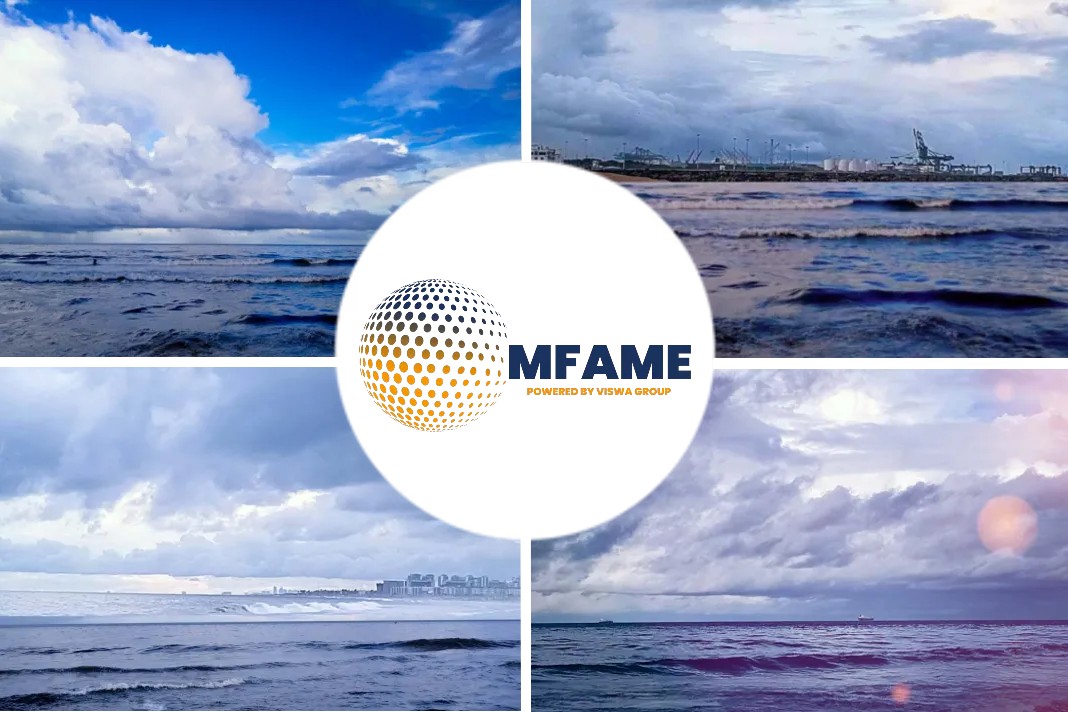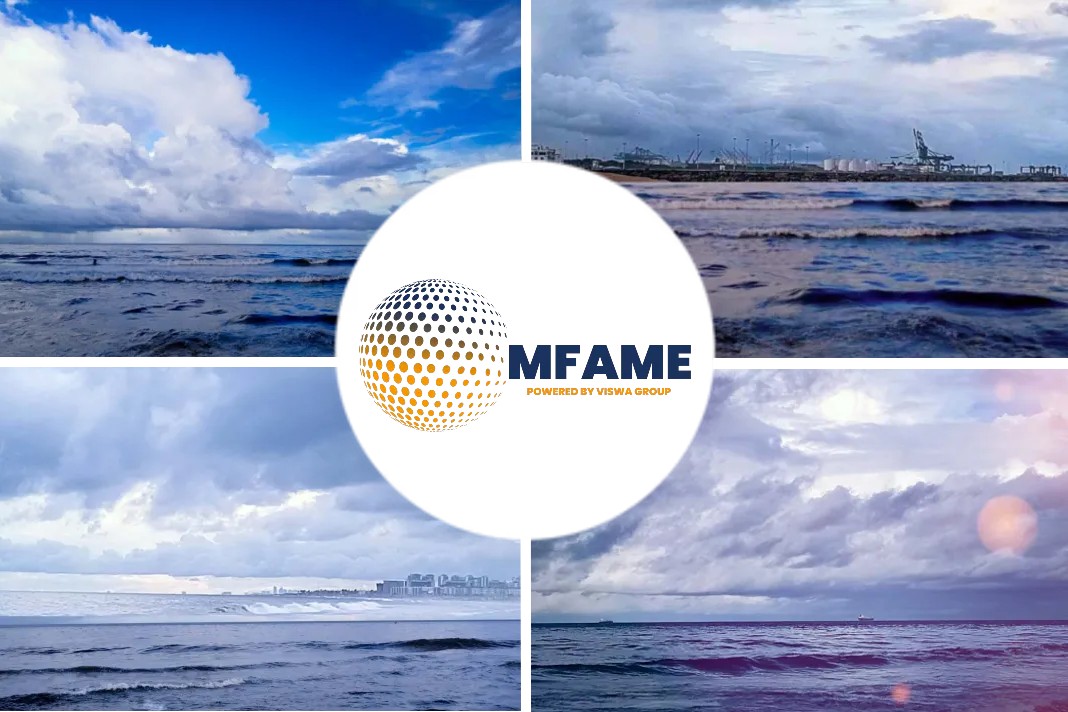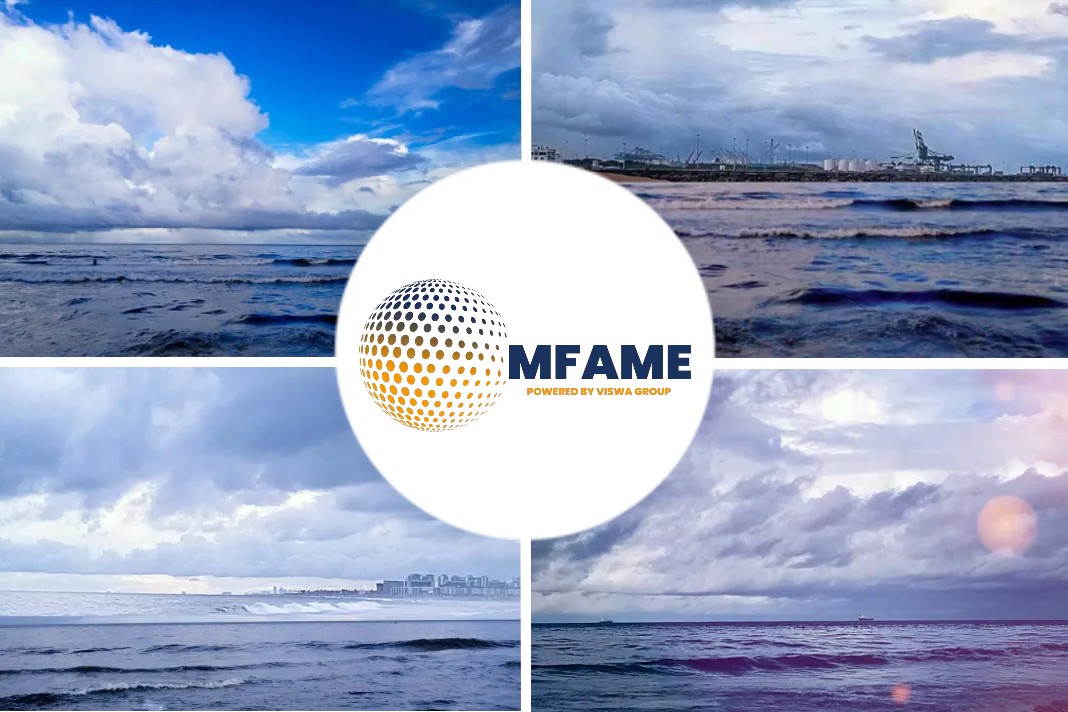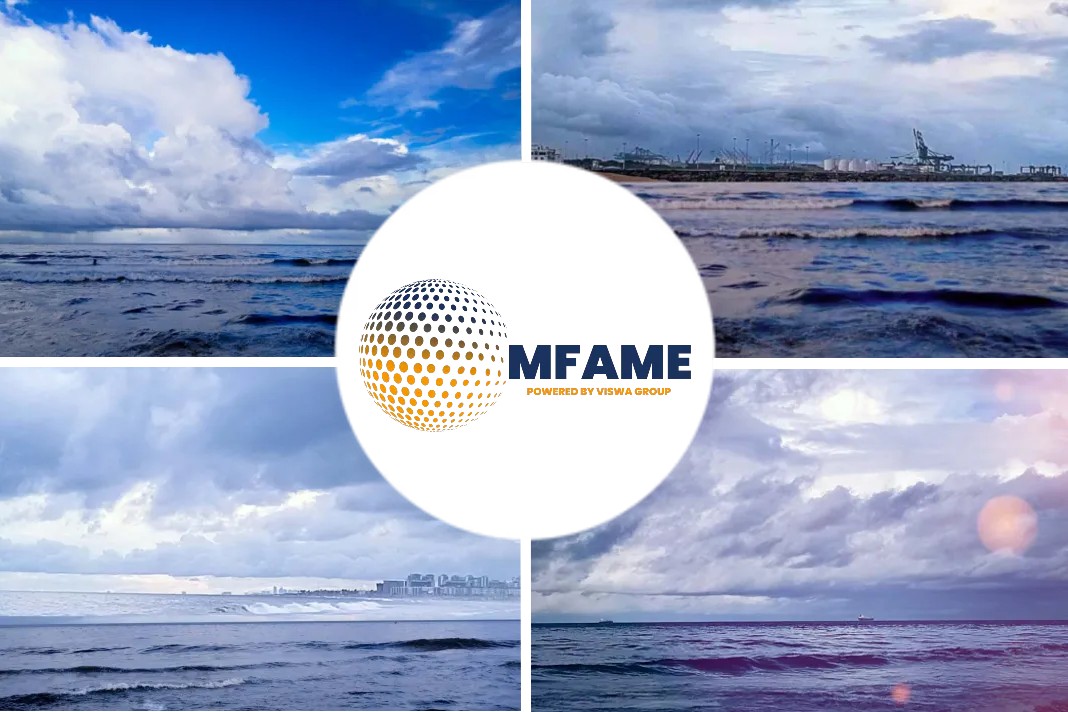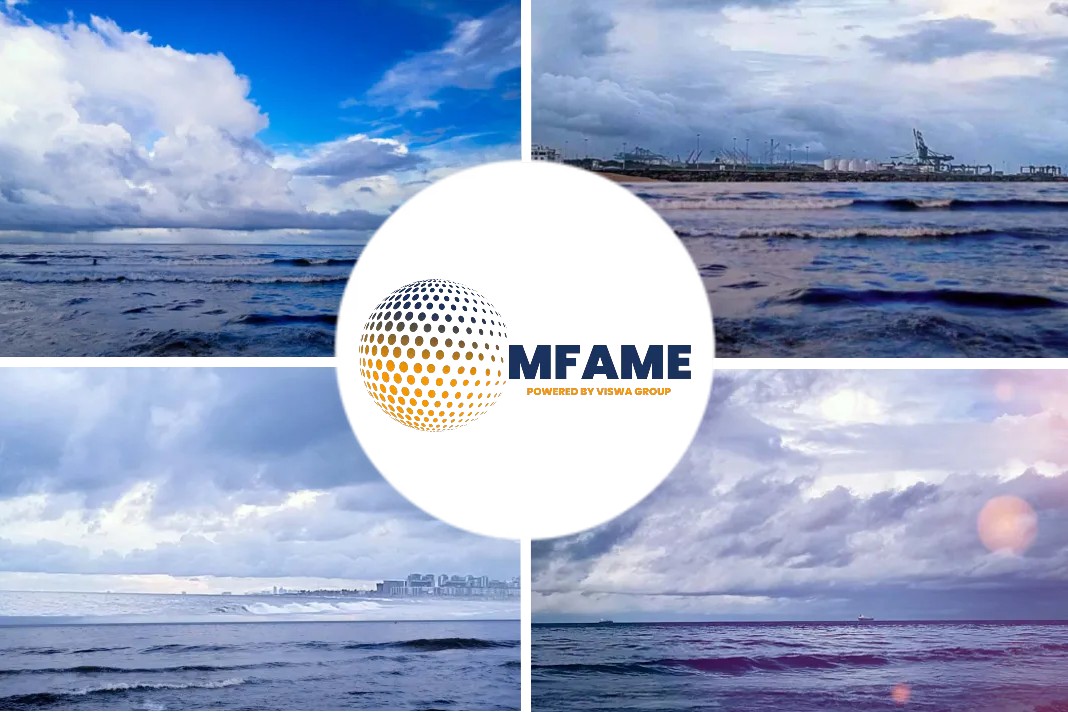- On May 18, FedEx and Microsoft announced that they are joining forces to transform commerce.
- It is the kind of announcement I have been looking forward to and expecting for some time because of Microsoft’s share of the market for desktop operating systems.
- It is also the kind of announcement that gives us an idea of where innovation in the supply chain may be heading.
A recently published article in Freight Waves on the basis of the commentary given by Brian Aoaeh elaborates on the join venture by FedEx and Microsoft in the field of digital supply chain.
Supply chain platforms – information, physical products and services
One can think of a supply chain as comprising two parts. The first is a supply chain for information. The second is a supply chain for physical products or services. Without one the other is rendered ineffective at best, perhaps even useless.
Physical supply chains involve things like the design and management of networks, logistics and transportation systems and processes to enable the production and movement of goods from one place to another, from producers to consumers. It involves satisfying demand by actually delivering the product or service from its point of production to its point of consumption.
Design and management of information technologies
Information supply chains involve the design and management of information technologies and systems that facilitate the creation, storage, transmission, management and distribution of information and data related to all the activities that must be fulfilled in physical supply chains in order to match production with consumption.
The companies that are great at building and managing the infrastructure required to operate physical supply chains are typically not the same companies that are great at building and managing the infrastructure and software for information supply chains.
Microsoft excels in building information supply chains. FedEx excels in building physical supply chains, especially as they pertain to logistics. It makes sense that at some point a company like Microsoft would partner with a company like FedEx to explore ways in which to make physical and information supply chains work more seamlessly with one another.
Where is this heading?
In August 2018, Maersk and IBM announced a partnership to build TradeLens, an enterprise blockchain product designed to empower “multiple trading partners to collaborate by establishing a single shared view of a transaction without compromising details, privacy or confidentiality.” Here too, Maersk excels in physical supply chains while IBM excels in information supply chains.
In April 2017, Maersk announced that it would build a marketplace of business applications on Microsoft Azure, in addition to selecting Microsoft “as the preferred cloud partner for Maersk’s digital transformation journey, supporting its high-value assets such as carrier performance, equipment utilization and supplier performance.”
A bit of time spent on Google reveals more announcements of this sort, suggesting that we may be in the midst of an unfolding trend.
Global Supply Chain Ecosystems
In Global Supply Chain Ecosystems, author Mark Millar, wrote “we have seen supply chains evolve into elongated, inter-connected, multi-layered networks of partners, suppliers, regulators, service providers and customers – with profound interdependencies – which can no longer be described adequately using the linear concept of a ‘chain.’ The depth and breadth of complexity, connectivity and interdependencies are such that we are now firmly in the sphere of global supply chain ecosystems.”
If that observation is accurate, then we should expect to see more partnerships like the one between FedEx and Microsoft, the one between Maersk and IBM, and the one between Maersk and Microsoft – wherein the physical supply chain incumbent focuses on what it does best, and relies on its partner to manage the information infrastructure on which to build a supply chain ecosystem.
Partnerships between large companies
We should also expect to see more partnerships between large companies and emerging startups that have developed proprietary software technology to solve what would formerly be considered narrow problems in specific legacy industries – but with the new advantage of being able to distribute the product over the internet to customers all over the world, instantaneously.
This is the marketplace of business applications that Maersk described. I assume Maersk will open this marketplace to third-party app developers, while perhaps it builds only a handful of applications where it has unique experience and insights which make it best-positioned to build those applications.
I expect that FedEx too will follow Maersk’s lead and develop a marketplace of business applications.
Other large third-party logistics service providers are probably considering how they should react to this new partnership between FedEx and Microsoft, much in the same way that other large container shipping companies are probably considering how they should react to the news about Maersk.
Did you subscribe to our daily newsletter?
It’s Free! Click here to Subscribe!
Source: Freight Waves







